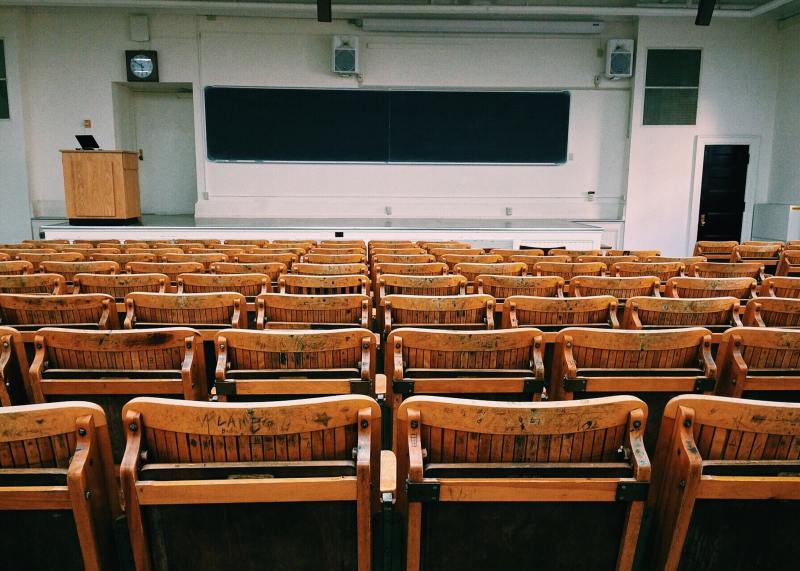Last quarter, I was in a class that took my head, turned it upside down and shook it until the beliefs that I’d constructed thus far collapsed and fell out. Although the class left me slightly disoriented, I am now able to start at square one and do my best to make the most out of my time at Stanford.
In high school, many of us probably had streamlines of As on our transcripts and had taken bucket loads of high-level classes. That’s what made the dream of attending Stanford a reality. However, according to my professor, we’re only here because we succeeded in a failed education system. To think of ourselves as snake slayers and ladder climbers is unsound, for we have been glued to square one this whole time. After all, for many of us, high school made a lot of what we did, including learning, a means to an end.
Do you recall pretending to take notes that turned out to be borderline hieroglyphic — almost resembling a drawing of a hurricane — to please your teacher? What about cramming textbooks into your head for finals and trying to make sure your head hasn’t toppled over by periodically examining your reflection in black coffee — only to let all that you crammed evaporate a week later? Have you ever taken a class because you “had” to or chosen to master jumping through hoops instead of studying?
In high school, a lot of my learning was directed by my concern for what universities were looking for. I didn’t spend enough time learning out of curiosity or learning recklessly and disregarding grades. My professor made me realize I never learned how to truly learn.
Now that I’m at college, I’d like to say that I’ve left my high school mentality of often treating learning as a means to an end, but to my dismay, I still do use this school of thought in attempt to make it to my next destination. For instance, if I’m truly trying to learn for the sake of learning, why am I not studying literature — where I believe most of the overarching themes of humanity are most present and moral reflection lies — but instead drowning in chemistry in hope of one day experiencing medical school and saving a life? Why am I not 110 percent focused on how and where I can develop the most meaningful human connections, if I believe that meaning and the space to grow are inextricable from human relationships? Why do I so often choose schoolwork over doing something I learn life-long lessons from — activities so full of purpose such as attending church or volunteering for underserved children and the homeless?
Despite living out these contradictions, I wholeheartedly believe that our education should not be dominated by our concern for vocational utility and topical relevance. Instead, it should be driven by curiosity and passion. Doesn’t half-heartedly selecting a major based on what other people consider to be the safest choice for a suitable post-graduation six-figure salary job seem suffocating? If we use our education only to achieve financial prosperity, we throw away the opportunity and duty to redistribute the privilege bestowed upon us. In the wise words of my friend’s mother: “What’s the point of having such a great brain if you’re not going to share it?”
I hope I can read books, experience friendships and do what truly gives me purpose in large doses, unconfined to the couple of hours I manage to carve out of my study schedule. To make the most out of my time at Stanford, I’m determined to go about with my education as I hold the question, “Did your Stanford education enrich your human spirit and better the life of others?” in mind. When we walk across the graduation stage, I hope my answer, and all of our answers, will be yes.
Contact Helena Zhang at helenaz ‘at’ stanford.edu.
